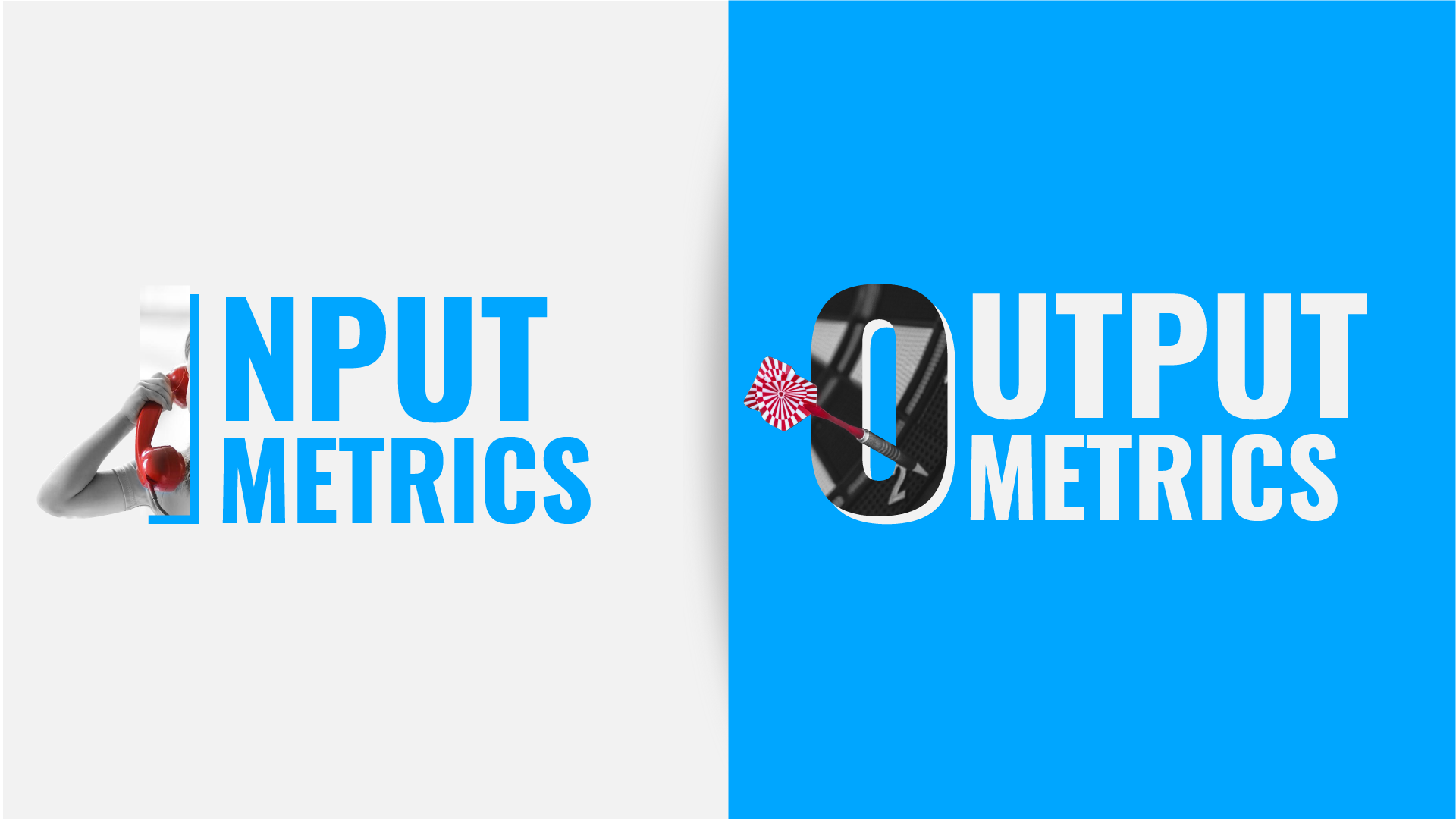 The COVID-19 pandemic is leading to potential financial uncertainty. You want to do what you can to predict potential effects, using balance sheets and income statements. We discuss how to analyze your business’s financial statements during the pandemic.
The COVID-19 pandemic is leading to potential financial uncertainty. You want to do what you can to predict potential effects, using balance sheets and income statements. We discuss how to analyze your business’s financial statements during the pandemic.
Whether or not businesses have to shut down proactively, they need to anticipate disruptions and radical changes within the select industries. That’s where the numbers can help.
Do You Really Need To Analyze Your Financial Statements?
Yes, you always need to analyze your financial statements regardless of the current situation. During healthier economic cycles, data about your sales and profits can help you pinpoint opportunities for growth.
With that said, there is no telling what will happen six months from now. We believe that financial analysis and forecasting must not be tedious.
What Is the Importance Of Financial Statement Analysis For Your Business?
Financial statements measure your business’s health and if you can continue to operate as normal. You can spot red flags ahead of time before they become a problem.
These statements also measure cash flow, and how much fluidity your business has as a result. Cash is tangible that you can use to exchange for goods and services while taking timing into account of when you buy raw material and when you sell a finished product. The day that you run out of cash to pay bills is the day that your business dies. Thus, you want to recoup every dollar you spend in revenue as soon as possible.
In addition, various statements notify you about ongoing trends and patterns within your business. If an economic downturn is looming, you can decide proactively where to cut costs and aim to increase revenue. The same goes for deciding when to switch suppliers for different raw materials, or which distribution systems are more efficient.
The Steps Of Accounting Analysis Of Financial Statements
Accounting analysis is not rocket science. It requires a different set of calculations, for one, and a financial perspective, for another. You need to know some simple guidelines and processes.
Set A Standard For Existing Statements
The first step is to figure out how the current financial statements look compared to industry standards. Sometimes it is easy for businesses to overlook important data to input into their numbers. View balance sheets, income statements, and so forth to assess potential gaps such as ongoing investments and sources of cash flows. Note if there are missing assets or vehicles, and always track where the money is going. The results may surprise you.
Include Forecasting Despite Economic Uncertainty
Even if no one knows what will happen with the pandemic, analysts should still make educated guesses. They can use math and relevant laws to reasonably predict what will happen. In the case of COVID-19, for example, it is reasonable to predict how a business will do if international shipping is restricted or outright prohibited.
Assess Profitability And Risk For Business Operations
This is fairly straightforward. Risk does not mean operating during a pandemic and risking getting ill. It refers to potentially incurring a loss on an investment, including your business ventures. Thus, you need to determine the risks that come from running regular operations as usual or on a limited basis, or if it makes sense to temporarily close shop and furlough employees.
Refine Your Accounting And Financial Reporting With DeepSky
DeepSky has spent years handling clients’ financial positions to help them reach the next level. With our Financial WingmanTM program and outsourced CFOs, you can receive customized accounting at a lower price than from in-house experts.
Reach out to us today to get started with a financial wingman. DeepSky will help you understand risk factors, and how to thrive in the face of economic challenges. Trust us to interpret the numbers and translate them into viable business strategies.


